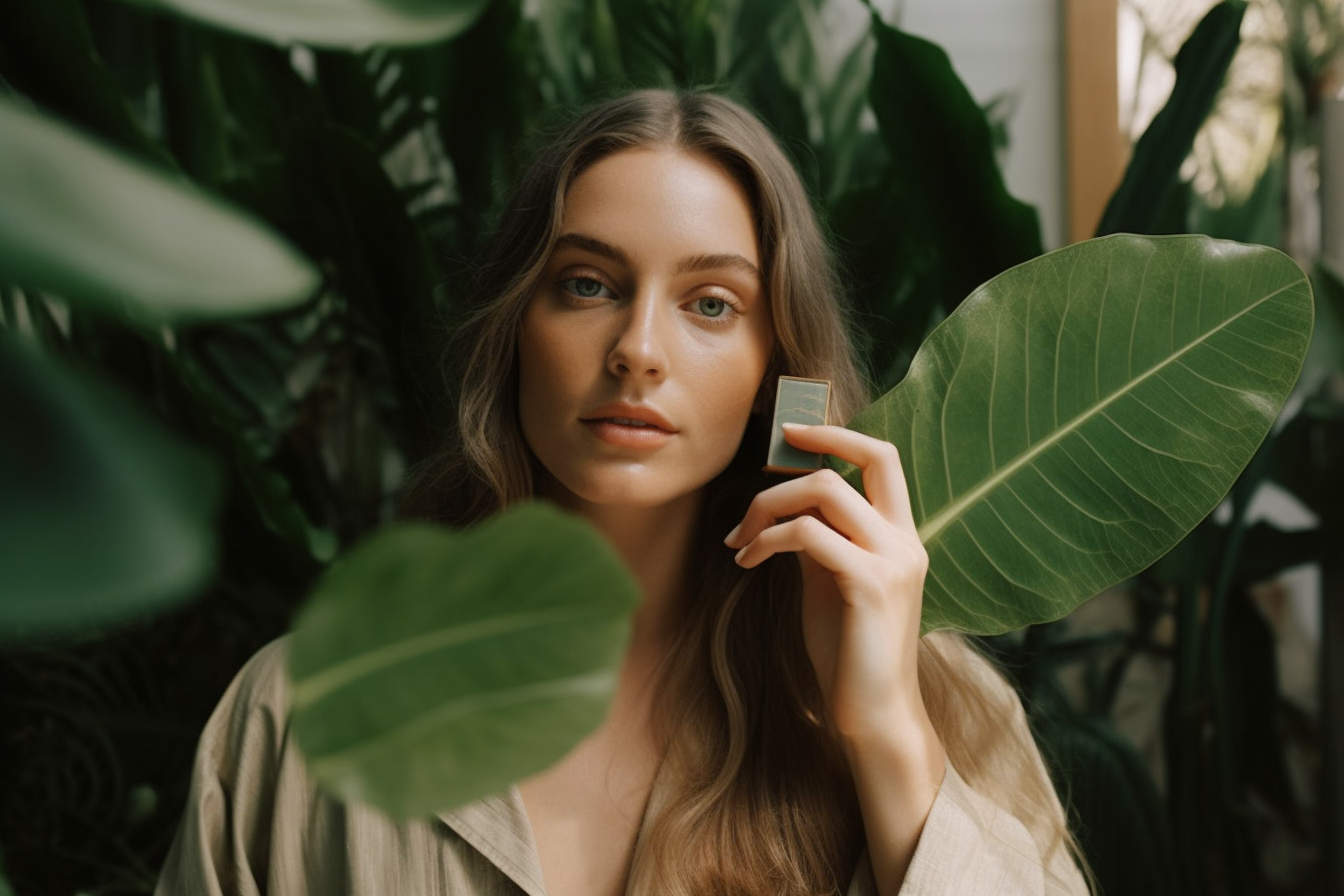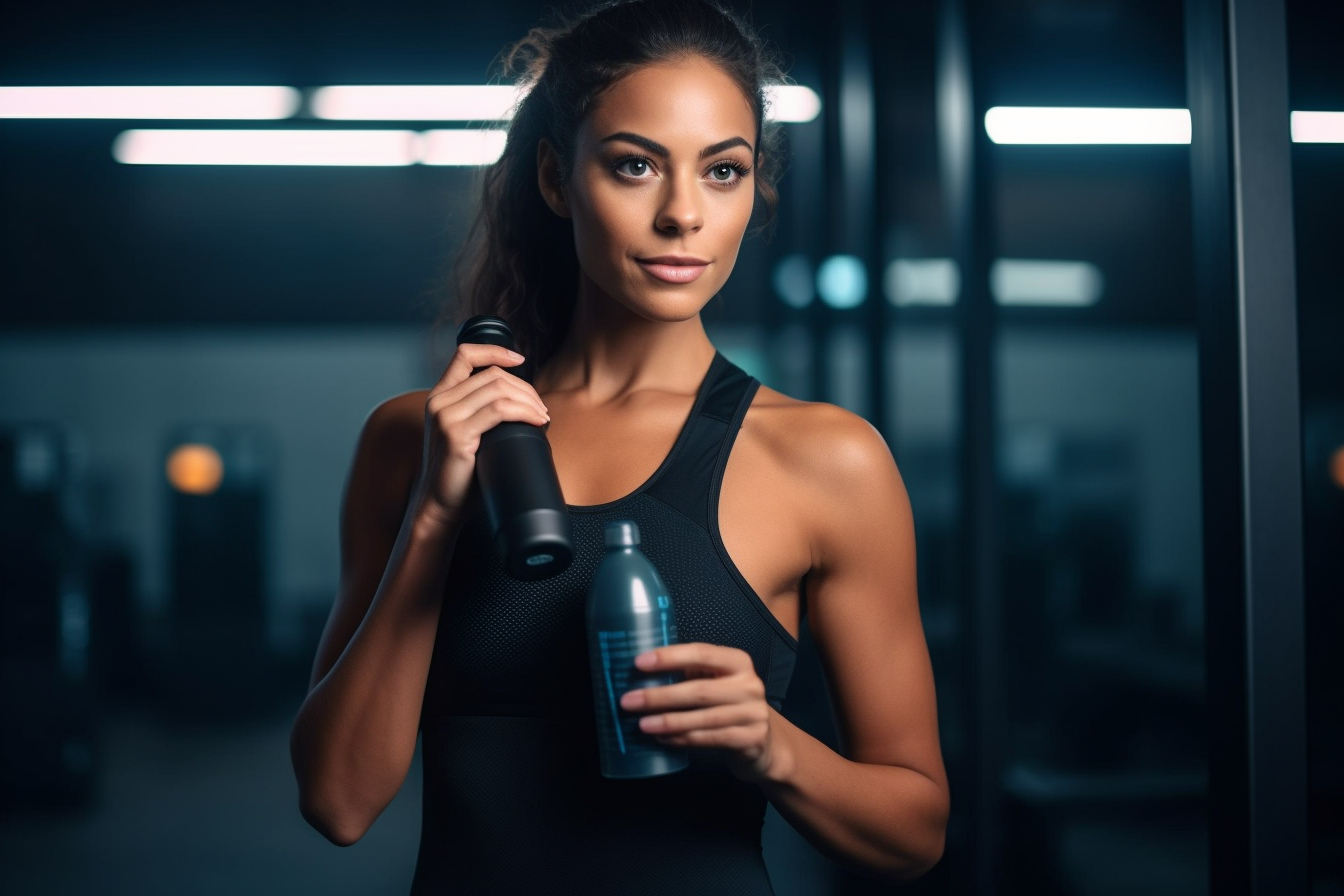 As we age, our skin undergoes significant changes that can affect its health and appearance. These changes can be attributed to a variety of factors, including decreased melanocytes, loss of elasticity and strength, and decreased production of collagen and elastin.
As a result, mature skin requires special attention and care to maintain its health and radiance. In this article, we will discuss tips for mature skincare, including essential skincare products, attitudes towards ageing, and the benefits of chemical and natural skincare.
Whether you’re a Gen-Z or a Baby Boomer, these tips will help you embrace and maintain healthy, radiant skin at any age. By understanding the unique needs of mature skin and taking proactive steps to care for it, you can take control of your skin’s health and appearance and embrace the ageing process with confidence.
As we age, our skin undergoes significant changes that can affect its health and appearance. These changes can be attributed to a variety of factors, including decreased melanocytes, loss of elasticity and strength, and decreased production of collagen and elastin.
As a result, mature skin requires special attention and care to maintain its health and radiance. In this article, we will discuss tips for mature skincare, including essential skincare products, attitudes towards ageing, and the benefits of chemical and natural skincare.
Whether you’re a Gen-Z or a Baby Boomer, these tips will help you embrace and maintain healthy, radiant skin at any age. By understanding the unique needs of mature skin and taking proactive steps to care for it, you can take control of your skin’s health and appearance and embrace the ageing process with confidence.
Key Takeaways
- Protecting ageing skin from environmental factors is important.
- Skincare products like hyaluronic acid, retinol, vitamin C, collagen, and ceramides can help maintain skin health and appearance.
- A positive attitude towards ageing can lead to a happier and healthier life.
- Premium Cosmetic Labs provides innovative and high-quality solutions for skincare brands.
Skin and Ageing
Ageing skin is influenced by external factors and skincare habits, leading to a decrease in melanocytes, loss of connective tissue elasticity and strength, and the appearance of translucent, leather-like skin. Environmental factors, such as exposure to the sun, pollution, and smoking, can accelerate the ageing process of the skin. Skincare habits, such as lack of hydration, poor nutrition, and inadequate protection from UV rays, can further exacerbate the ageing process. As a result, the skin becomes thinner, drier, and less resilient, making it more susceptible to sagging, wrinkles, and age spots. To combat the effects of ageing on the skin, various treatments and products are available, including collagen supplements. Collagen is an essential protein that provides structure and support to the skin, but its production declines with age. Collagen supplements can help replenish the skin’s collagen levels, improving its elasticity and firmness. However, it is important to note that collagen supplements may not be suitable for everyone and should be used in consultation with a healthcare professional. Additionally, maintaining a healthy lifestyle, protecting the skin from environmental damage, and using appropriate skincare products can help slow down the ageing process of the skin.Skincare Products and Habits
Skincare routines and the use of appropriate products are crucial factors for maintaining the health and appearance of the skin. As the skin ages, it becomes more delicate and requires special attention. Ingredient trends such as hyaluronic acid, retinol, vitamin C, collagen, and ceramides have been proven effective in reducing the signs of ageing. Hyaluronic acid is a powerful humectant that attracts and retains moisture in the skin, resulting in a plump and youthful appearance. Retinol is a form of vitamin A that stimulates collagen production and reduces the appearance of fine lines and wrinkles. Vitamin C is a potent antioxidant that brightens the skin and protects it against environmental stressors. Collagen is a vital protein that provides structure and firmness to the skin, while ceramides keep the skin hydrated and prevent moisture loss. When selecting skincare products, it is important to consider the specific needs of the skin. Broad-spectrum sunscreen with SPF 30 or higher should be used daily to protect the skin from harmful UV rays. Mineral sunscreens with zinc oxide and titanium dioxide are less likely to irritate the skin and are recommended for sensitive skin types. Skincare products should be chosen based on the individual’s skin type and concerns, and it is important to introduce new products slowly to avoid irritation. The use of high-quality skincare products and the implementation of a consistent skincare routine can greatly improve the health and appearance of ageing skin.Attitude Towards Ageing
Having a positive mindset and embracing the natural process of ageing can have significant benefits on an individual’s overall physical and mental wellbeing. Studies have shown that individuals with a positive attitude towards ageing tend to have a longer lifespan, better cognitive function, and a reduced risk of developing chronic diseases such as heart disease and depression. Furthermore, embracing ageing can lead to a greater sense of self-awareness, self-acceptance, and a deeper appreciation of life. It allows individuals to focus on what truly matters, such as personal growth, relationships, and experiences, rather than societal expectations and superficial appearances. Overall, having a positive attitude towards ageing can lead to a happier and more fulfilling life, regardless of one’s age.How Can Antioxidants Help with Mature Skincare?
Antioxidants are the body’s natural defense against aging. When it comes to mature skincare, these powerful substances can work wonders. They neutralize harmful free radicals, reducing oxidative stress and preventing premature aging signs like fine lines and wrinkles. Antioxidants nourish and protect the skin from within, promoting a youthful and radiant complexion. Incorporating antioxidants into your skincare routine can help maintain a healthy and glowing skin appearance as you age.
Frequently Asked Questions
What are some lifestyle factors that can impact the appearance of ageing skin?
 Several lifestyle factors can impact the appearance of ageing skin, including stress and exercise. Stress can cause an increase in cortisol levels, which can lead to a decrease in collagen production and skin elasticity, resulting in premature ageing.
On the other hand, regular exercise can improve blood circulation, which helps deliver oxygen and nutrients to skin cells, promoting healthier and younger-looking skin.
Additionally, the importance of hydration for mature skincare cannot be overstated. Drinking enough water helps keep the skin hydrated and supple, reducing the appearance of fine lines and wrinkles. Proper hydration also helps flush out toxins from the body, leading to clearer skin.
Incorporating healthy habits such as stress management, regular exercise, and staying hydrated can help maintain healthy and youthful-looking skin.
Several lifestyle factors can impact the appearance of ageing skin, including stress and exercise. Stress can cause an increase in cortisol levels, which can lead to a decrease in collagen production and skin elasticity, resulting in premature ageing.
On the other hand, regular exercise can improve blood circulation, which helps deliver oxygen and nutrients to skin cells, promoting healthier and younger-looking skin.
Additionally, the importance of hydration for mature skincare cannot be overstated. Drinking enough water helps keep the skin hydrated and supple, reducing the appearance of fine lines and wrinkles. Proper hydration also helps flush out toxins from the body, leading to clearer skin.
Incorporating healthy habits such as stress management, regular exercise, and staying hydrated can help maintain healthy and youthful-looking skin.
